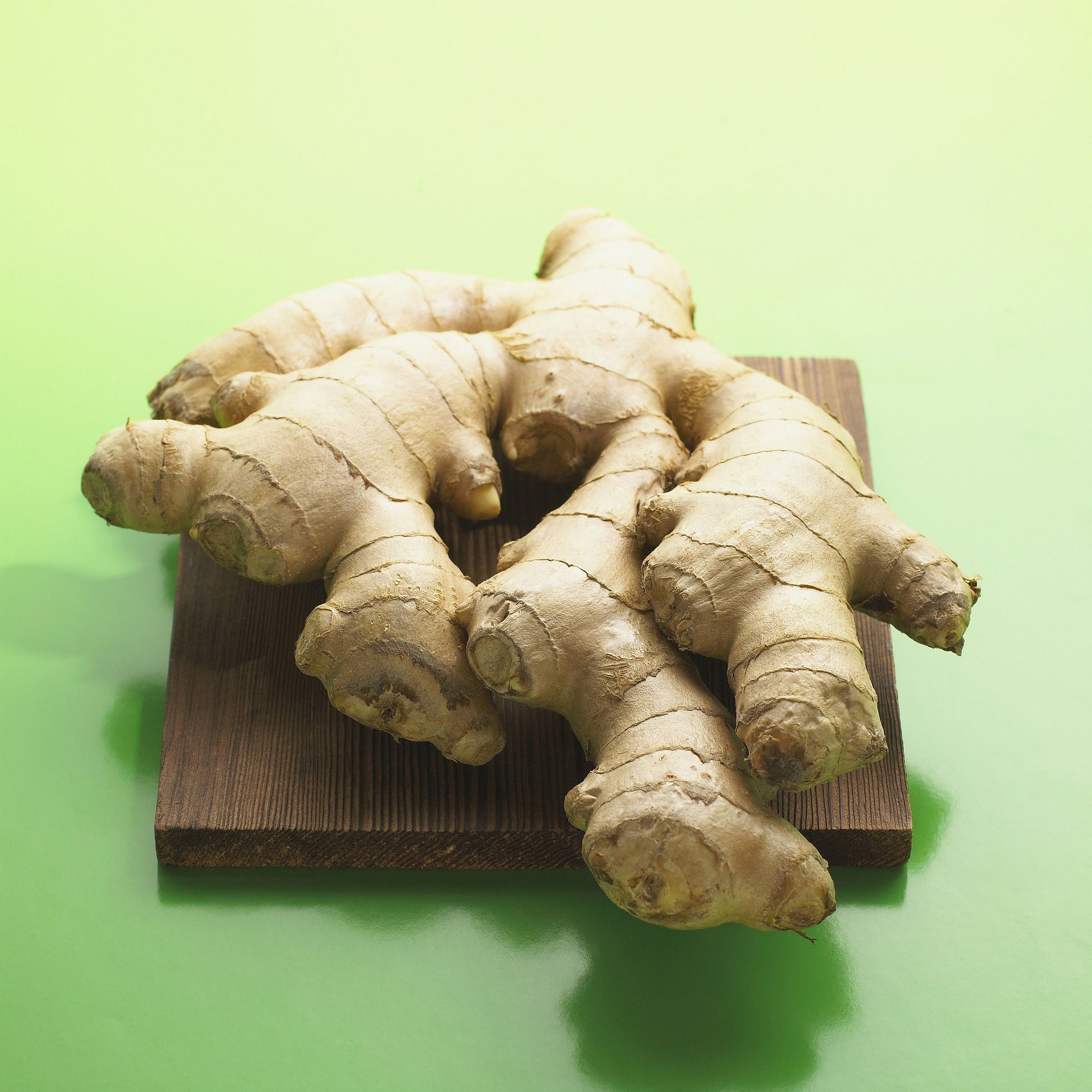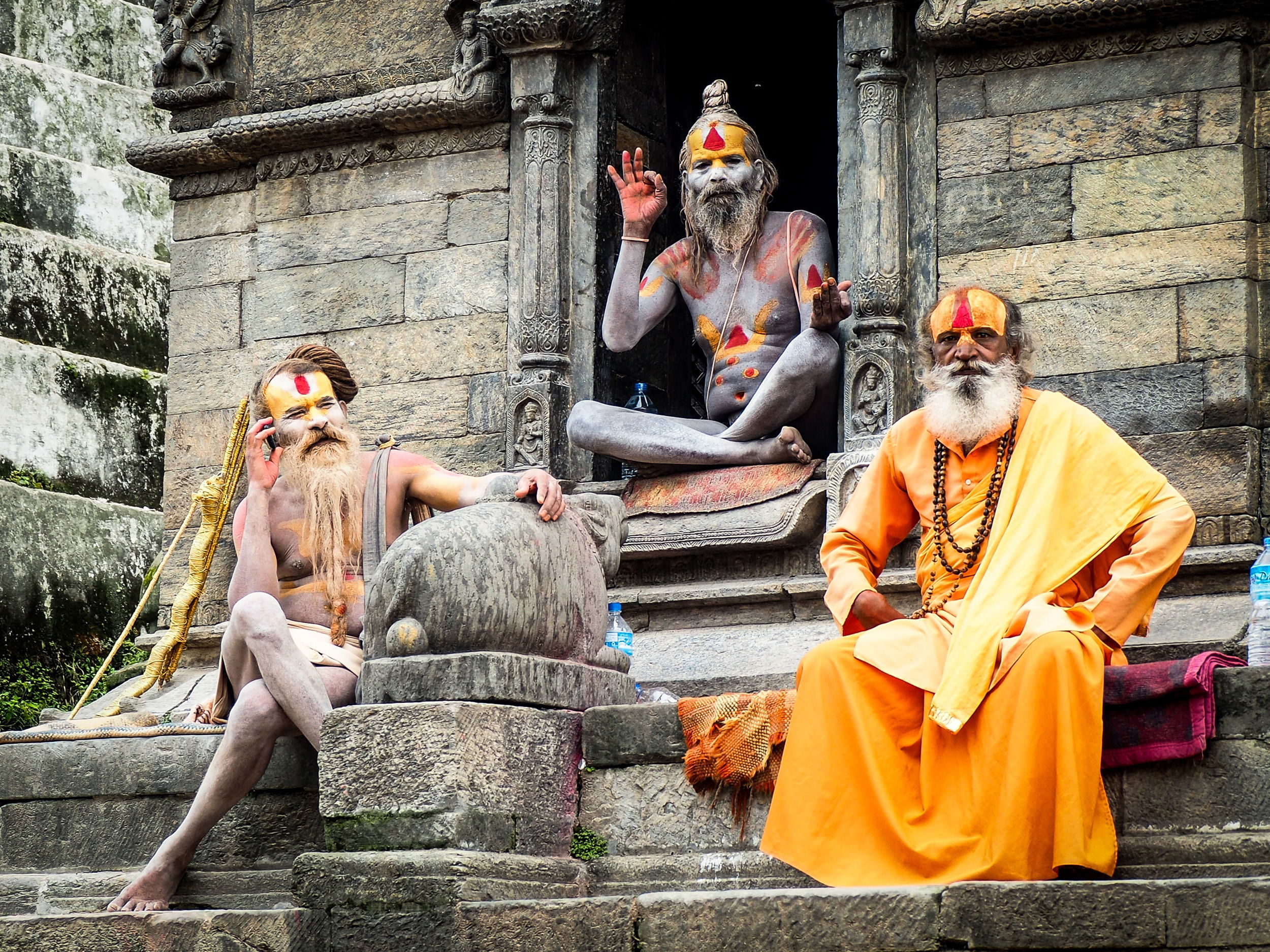Ginger has been used in Indian medicine, or Ayurveda, for over 5000 years.

For centuries, ginger root has been a staple in Hindu culture, and it has played an integral role in many aspects of daily life, from cooking to medicine to spirituality. Known for its warming, spicy flavor and medicinal properties, ginger has become a beloved ingredient in Hindu cuisine and traditional medicine, and it is even used in daily worship and festivals. In this article, we explore the many ways that fresh ginger has become intertwined with the Hindu tradition, examining its cultural significance, health benefits, use in cuisine, religious symbolism, and more.
The Significance of Ginger in Hindu Culture
An Introduction to Ginger and Hinduism
Ginger, or "adrak," as it is known in Hindi, has a long-standing history in Hindu culture. The spice is believed to have originated in Southeast Asia and has been cultivated in India for thousands of years. Ginger is not only a staple in Hindu cuisine but also has significant cultural and spiritual importance.
The Cultural Importance of Ginger in Hindu Communities
In Hinduism, ginger is considered a sattvic food, which is believed to promote purity, harmony, and balance in the body and mind. It's also widely used in Ayurvedic medicine, which is a form of traditional Indian medicine. Ginger is used in various ways in Hindu culture, including cooking, worship, and as a home remedy for various ailments.

Ginger in Ayurveda: Health Benefits and Uses
The Ayurvedic Perspective on Ginger
Ayurveda is a holistic health system that focuses on promoting balance and harmony between the mind, body, and spirit. Ginger is a popular ingredient in Ayurvedic medicine due to its medicinal properties, which are believed to aid digestion, alleviate inflammation, and boost immunity.
Ginger's Medicinal Properties and Health Benefits
Ginger is rich in antioxidants and anti-inflammatory compounds, which may help reduce the risk of chronic diseases such as heart disease and cancer. It has also been shown to alleviate nausea and vomiting, reduce muscle pain and soreness, and help lower blood sugar levels.
Common Uses of Ginger in Ayurvedic Medicine
In Ayurvedic medicine, ginger is used in various ways, including as a digestive aid, to alleviate respiratory issues, and to ease menstrual cramps. It's often used in combination with other herbs and spices to create potent medicinal remedies.

Ginger in Hindu Cuisine: Traditional Dishes and Recipes
Ginger's Role in Traditional Hindu Cuisine
Ginger is an essential ingredient in Hindu cuisine and is used in both sweet and savory dishes. It adds a unique flavor and aroma to the dishes, and its health benefits make it an excellent addition to any meal.
Popular Hindu Dishes Featuring Ginger
Some of the most popular Hindu dishes that feature ginger include ginger tea, ginger pickle, ginger chutney, and ginger chicken. These dishes are not only delicious but also have significant health benefits.
Ginger Recipes for Home Cooking
If you're interested in incorporating ginger into your cooking, there are various recipes available online. Some popular ones include gingerbread, ginger-lemon tea, and ginger stir-fry. Try experimenting with different recipes to find your favorite way to enjoy ginger.
Ginger in Hindu Worship: Rituals and Symbolism
Ginger as a Symbol of Purity and Blessings
In Hindu culture, ginger is considered a symbol of purity and blessings. It's often used in religious ceremonies and rituals to purify the surroundings and the people involved.
Ginger in Hindu Worship Rituals and Ceremonies
Ginger is used in various Hindu rituals, including weddings, childbirth ceremonies, and other auspicious occasions. It's often offered to deities as a symbol of devotion and purity.
Using Ginger in Daily Hindu Devotion
If you're interested in incorporating ginger into your daily Hindu devotion, try offering it to the deities during your daily puja. You can also use ginger as an offering in fire rituals, known as havan or homa. Ginger's purifying properties make it an excellent addition to any religious practice.

Ginger in Hindu Folklore: Myths and Legends
Ginger, or adrak in Hindi, has a prominent place in Hindu folklore. In Hindu mythology, it is believed that ginger was created when Lord Shiva, the Hindu god of destruction, accidentally dropped a piece of his wife Parvati's divine garden on earth. Since then, ginger has been considered a symbol of fertility and good luck in Hindu culture.
Stories About Ginger in Hindu Folklore
According to another legend, Lord Rama, a Hindu god and the protagonist of the epic Ramayana, used ginger to heal his army during their battle against Ravana, the demon king of Lanka. In another story, Lord Krishna, another Hindu god, is said to have used ginger to cure his stomach ache.
Ginger's Symbolism in Hindu Mythology
Ginger is also believed to symbolize purity and cleansing in Hindu mythology. It is used in many Hindu rituals and ceremonies to purify the surroundings and ward off negative energy. It is also believed to have the power to awaken the third eye, an important concept in Hindu spirituality which represents intuition and higher consciousness.
Ginger as a Source of Inspiration in Hindu Literature
The aroma and flavor of ginger have inspired many poets and writers in Hindu literature. Its pungent and sharp taste is often used as a metaphor for the intensity of love and passion in Hindu romantic literature.

Ginger in Indian Medicine: Historical and Modern Applications
The Historical Use of Ginger in Indian Medicine
Ginger has been used in Indian medicine, or Ayurveda, for over 5000 years. Ayurvedic practitioners have traditionally used ginger to treat digestive problems, such as bloating and nausea, as well as respiratory issues like colds and flu. Ginger is also believed to have anti-inflammatory properties, making it useful in treating arthritis and other inflammatory conditions.
Ginger's Place in Modern Indian Medicine
Today, ginger continues to be an important component of Ayurvedic medicine. Modern research has also confirmed many of the traditional uses of ginger, and studies have shown that it can be effective in treating a range of conditions, including migraines, high blood pressure, and menstrual pain.
Ginger Research and Studies in Indian Medicine
In recent years, there have been numerous studies on the medicinal properties of ginger in India. Research has shown that ginger contains compounds that have anti-inflammatory, antioxidant, and anti-cancer properties. Ginger is also being studied for its potential to improve cognitive function and alleviate depression.

Ginger Cultivation and Trade in Hindu Societies
Ginger Farming and Production in India
Ginger is widely cultivated in India, particularly in states like Kerala, Karnataka, and Andhra Pradesh. India is one of the world's largest producers of ginger, and spice is an important cash crop for many farmers in the country. Ginger is known for its adaptability to different types of soils and climates and can be grown throughout the year.
The Importance of Ginger in Indian Trade
Ginger is an important export for India, and the country is one of the world's leading suppliers of the spice. Indian ginger is known for its high quality and is in great demand in the international market. Ginger is also used extensively in the Indian food industry, particularly in the preparation of pickles, chutneys, and spices.
Ginger in Indian Economy and Society
The cultivation and trade of ginger have an important impact on the Indian economy, particularly in rural areas. Ginger farming provides employment for many people in India, and the spice is an important source of income for small-scale farmers. Ginger is also an integral part of Indian cuisine and culture, and its versatility and health benefits have made it a staple in many households across the country.

Ginger and Hindu Festivals: Celebrating with Spice
The Use of Ginger in Hindu Festivals and Celebrations
Ginger is an essential ingredient in many Hindu festival foods and drinks. During festivals like Diwali, ginger is used in the preparation of sweets like ginger laddoos and ginger burfis. Ginger is also used in making chai tea, a popular beverage served during many Hindu celebrations.
Ginger-Based Hindu Festival Foods and Drinks
Ginger-based foods and drinks are an integral part of many Hindu festivals. During the festival of Holi, a popular Indian dessert known as thandai is prepared using ginger, as well as other spices like cardamom and saffron. Ginger is also an important ingredient in many Indian sweets, such as ginger halwa and ginger barfi.
How Ginger Enhances the Celebration of Hindu Festivals
Ginger's spicy and warming flavor is believed to enhance the celebratory mood during Hindu festivals. The aroma of ginger is also said to stimulate the senses and promote well-being. Ginger's health benefits and symbolic significance make it an important part of many traditional Hindu festivals and celebrations.
In conclusion, fresh ginger has become an essential part of Hindu tradition and culture. Whether it's used for its health benefits, added to traditional dishes, or incorporated into worship and celebration, ginger continues to hold a special place in the hearts of many Hindus. As we've seen, this versatile spice has played a significant role in shaping the history and traditions of one of the world's oldest and richest cultures.

FAQs
What is the significance of ginger in Hindu culture?
Ginger has a long history of use in Hindu culture, and it is believed to have many health benefits, as well as spiritual significance. It is commonly used in Ayurvedic medicine and is a staple in Hindu cuisine, worship, and festivals.
What are the health benefits of ginger in the Hindu tradition?
Ginger is considered a powerful healing herb in Ayurvedic medicine and is known for its anti-inflammatory, antioxidant, and anti-cancer properties. It is often used to treat digestive issues, coughs and colds, and menstrual cramps. It is also believed to promote relaxation and a sense of calm.
How is ginger used in Hindu cuisine?
Ginger is a popular ingredient in many traditional Hindu dishes, including curries, chutneys, and soups. It is also used to add flavor and spice to sweet dishes, such as gingerbread and ginger tea. Ginger is often paired with other spices, such as turmeric and cumin, to create complex and flavorful dishes.
What is the role of ginger in Hindu worship and festivals?
Ginger is considered a symbol of purity and blessings in Hindu culture, and it is often used in daily worship as well as during festivals and ceremonies. Ginger-based sweets, drinks, and dishes are also a common part of many Hindu celebrations, and they are believed to bring luck and prosperity to those who consume them.



